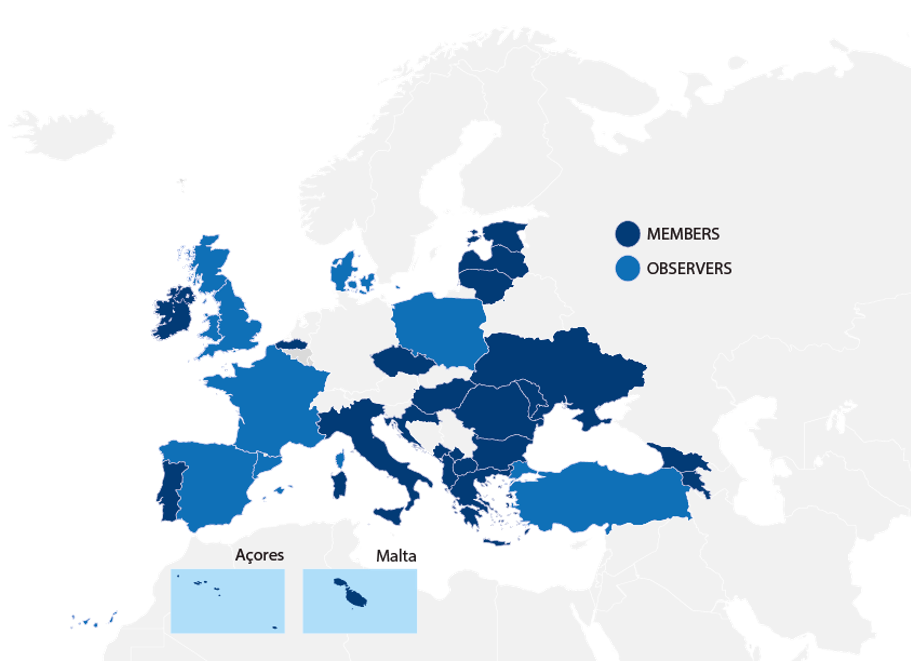Introduction
In the European Union, water regulatory authorities are vital in managing water, a crucial resource. These authorities, diverse in structure and function, unite under shared objectives of sustainable water management, consumer interest protection, and effective oversight of water service providers. Their role extends from setting tariffs and standards to ensuring compliance and facilitating innovative urban water management approaches, such as those advocated by the WATERUN Consortium.
Setting Standards and Tariffs
The foundational responsibility of water regulators lies in setting the right tariffs and standards for quality services. This crucial balance underpins the sector's stability and sustainability. By establishing and regulating service tariffs, regulators ensure the financial sustainability of service providers while maintaining affordability for customers. Tariffs cover operation and maintenance costs, necessary infrastructure investments, and prevent underfunded systems, ensuring continual service quality. Simultaneously, affordability, especially for low-income households, is crucial, as it balances cost recovery with socio-economic realities. Quality standards are integral to this balance, vital for protecting public health, preserving ecosystems, and fostering customer satisfaction. This enforcement of standards and viable tariffs contributes to the sector's long-term sustainability, enabling ongoing investments and adaptability to challenges like climate change, thereby ensuring a reduction in pollution and safeguarding of resources.
Monitoring and Compliance
Continual oversight of water service providers forms the core of monitoring and compliance. Regulators conduct inspections and audits to verify adherence to standards, assess provider performance against targets, and gather data to ensure compliance. These actions, ranging from warnings to license revocation for non-compliance, maintain high service quality, protect public health, and preserve natural resources. This oversight is fundamental in ensuring providers meet their obligations, contributing to the sector's overall integrity and reliability.
Consumer Protection and Affordability
In the water sector, affordability and consumer protection are intertwined. Regulators set and review tariffs to maintain this balance, implementing subsidy programs for vulnerable groups and providing complaint resolution channels. This aspect of regulation is crucial as it ensures equitable access to water, supports social welfare, and guards against exploitation, thus playing a vital role in societal welfare and fairness.
Licensing and Oversight
Issuing licenses and overseeing operations are central to regulatory functions. This process involves setting out standards and conditions, regular assessments for compliance, and periodic reviews for renewal or revocation. This oversight not only ensures that competent entities manage water services but also encourages the adoption of best practices, enhancing efficiency and customer service. It underscores the importance of regulators in maintaining high standards in water supply and wastewater treatment, thereby benefiting both the environment and consumers.
Integration with WATERUN Consortium's Goals
The objectives of the WATERUN Consortium align closely with the regulatory goals of sustainable water management and environmental protection. Regulators can significantly contribute to these goals by developing policies and standards that resonate with Water-Sensitive Urban Design (WSUD) principles, promoting sustainable urban water management. They can facilitate holistic approaches, risk-based tools, and planning methodologies, crucial for effective urban water management. Their role in disseminating guidance, best practices, and fostering co-creation and collaboration with urban water management actors is pivotal. By endorsing WSUD practices, regulators can drive transformative changes in urban water runoff management, leading to more resilient and water-sensitive urban environments. This alignment of regulatory frameworks with WSUD principles and collaborative practices signifies the significant potential of regulators in advancing the transformative goals of the WATERUN Consortium, ultimately supporting sustainable urban development and environmental stewardship.

Autor: WAREG European Water Regulators